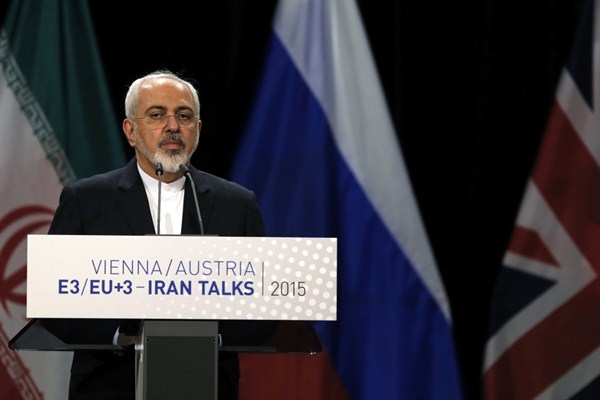Yesterday’s announcement of a comprehensive agreement with Iran to limit its nuclear ambitions is no ordinary triumph. It is, in fact, a historic and seminal moment that fundamentally strengthens the international system and suggests a major shift in global affairs.
For 12 years, the international community has been trying to force Iran to accept limitations on its nuclear aspirations. United Nations Security Council sanctions were placed on the country, threats of military force made, torturous negotiations initiated and interim agreements achieved. While talks, at various points, appeared to be on the brink of failure, in the end, the international community, united in purpose, got what it wanted: a technically solid deal that imposes significant constraints on Iran’s nuclear activities, provides for transparency in the form of inspections and creates a mechanism for reapplying sanctions in the event that Iran does not abide by its terms.
Think about what that means. The deal upholds the long-standing international norm on the nonproliferation of nuclear weapons. It forces Iran to abide by the international agreements that it signed, most specifically the Nuclear Non-Proliferation Treaty. It gives a major boost to international institutions such as the International Atomic Energy Agency and the Security Council. It shows that international sanctions can be an effective tool for bringing recalcitrant states to the negotiating table. Above all, however, all of this has been achieved without a single shot being fired. Diplomacy won out over war.

